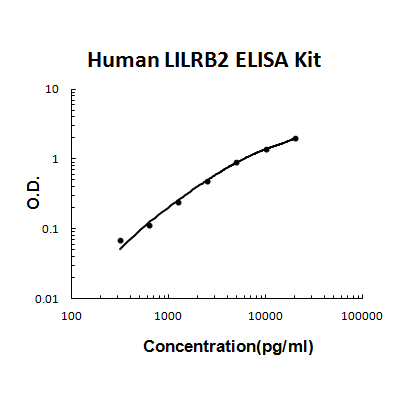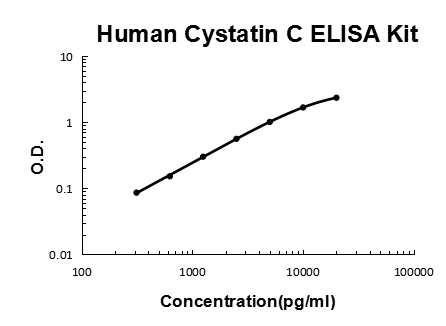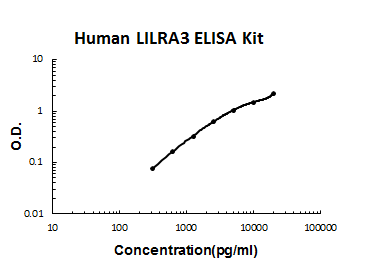Description
Cholesterol, particularly in the form of LDLs, is well understood to be associated with increased risk of coronary heart disease. The measurement of cholesterol is one of the most common tests performed in the clinical laboratory setting. However, simple and easy assays for cholesterol in the research lab have not been readily available. Cayman’s Cholesterol Assay provides a simple fluorometric method for the sensitive quantitation of total cholesterol in plasma or serum.
Formulation:
Formal name:
Synonyms:
Host:
Imunogen:
Applications:
Clone:
Purity:
Origin: Plant/Armoracia rusticana
Product Type|Assay Kits|Detection Kits||Product Type|Assay Kits|Fluorometric Assays||Research Area|Cardiovascular System|Cardiovascular Diseases|Coronary Artery Disease||Research Area|Cardiovascular System|Lipids & Lipoproteins|Lipoproteins




